Iran urges more cooperation by neighbors to help Afghanistan, calls for preventing US return
A senior Iranian official has emphasized the need to enhance cooperation in the region and to prevent the United States from returning to Afghanistan, while criticizing Washington’s “destructive role” in the war-torn country in the past two decades.
Iran’s special representative for Afghanistan, Hassan Kazemi-Qomi, made the remarks at the Moscow Format meeting on Afghanistan which was held in the Russian city of Kazan on Friday.
He went on to say that the participants agreed significantly on preventing the US from re-entering Afghanistan and holding it accountable for the damages it inflicted upon the country during 20 years of occupation.
Kazemi-Qomi further urged the neighboring countries of Afghanistan to enhance cooperation in order to help the country resolve its issues without relying on outside powers.
He also noted that the 20-year-long occupation of Afghanistan by the US and its allies and the creation of “a foreigners’ front” are not in line with Afghanistan’s national interests, stressing the need for regional initiatives and the formation of Afghanistan’s “neighbors front”.
The Iranian diplomat further praised the current caretaker government in Afghanistan in dealing with the Daesh Takfiri terrorist group and trying to improve the economic situation of the country.
He also expressed hope that the country’s caretaker government pursue the plan for implementing the neighborly policy through consultations with the neighboring nations and based on protecting Afghanistan’s interests, stating that the economic and industrial development of Afghanistan requires the “empathy and cooperation” of the country’s neighbors in a safe environment with guarantees.
Friday’s meeting was the fifth of its kind held by Russia to assess the situation in Afghanistan, with Taliban’s Caretaker Foreign Minister Amir Khan Muttaqi, President Rustam Minnikhanov, as well as representatives from the Russian Federation, China, Pakistan, the United Arab Emirates, Qatar, Saudi Arabia, Turkey, Kyrgyzstan, Kazakhstan, Uzbekistan, Turkmenistan and India in attendance.
Participants discussed a range of issues including reconciliation among Afghanistan’s various parties, the country’s reconstruction after the US-led war, fighting terrorism and guarantees for regional security, among other topics.
The United States and its allies deployed troops to Afghanistan in 2001, saying at the time the objective was to fight al-Qaeda as part of Washington’s so-called “war on terror.” The pretext had taken shape in the 9/11 attacks.
In August 2021, the Taliban recaptured several provincial capitals and seized Kabul with little-to-no resistance. The unexpected fall of the capital forced the US to carry out a hasty evacuation of diplomats, nationals, and Afghan helpers.
Washington received severe criticism for its poor handling of the evacuation. After its withdrawal, Washington imposed sanctions on Afghanistan and blocked its assets.
Foreign aid has declined dramatically since then and the country's key central bank assets have been seized by the United States, compounding one of the world's worst humanitarian crises.
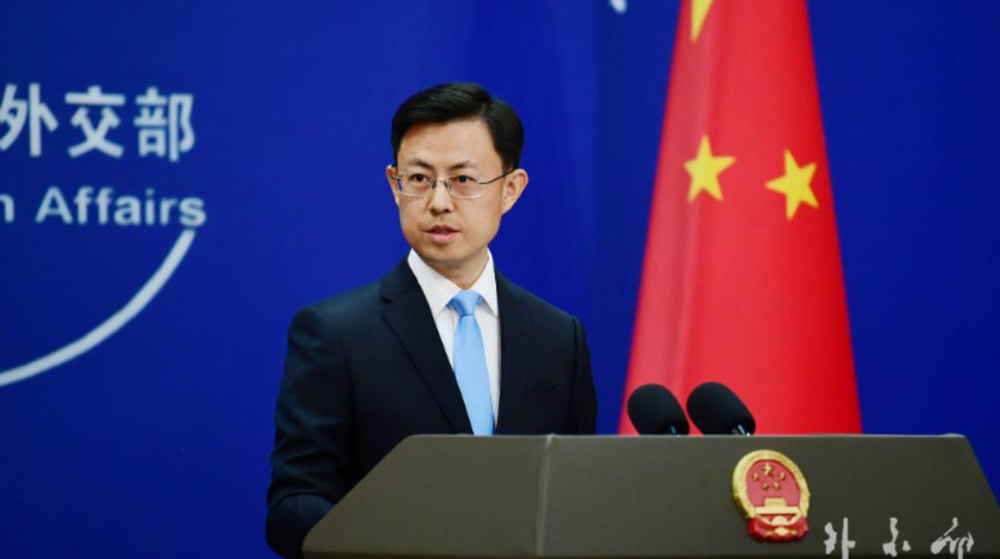
China says expects ‘in-depth’ talks during Iran foreign minister’s visit
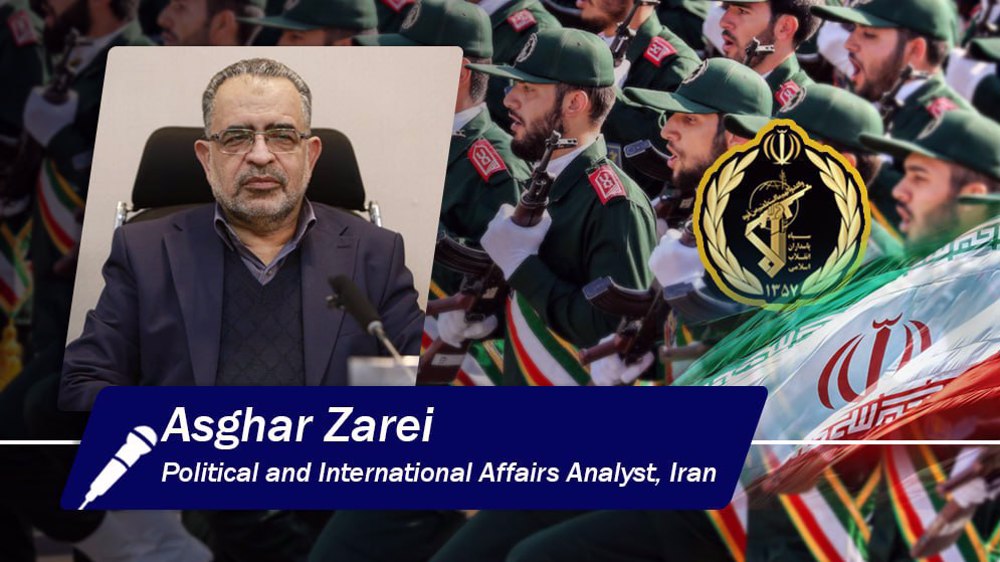
IRGC a thorn in the side of enemies; no power dares to threaten Iran: Analyst
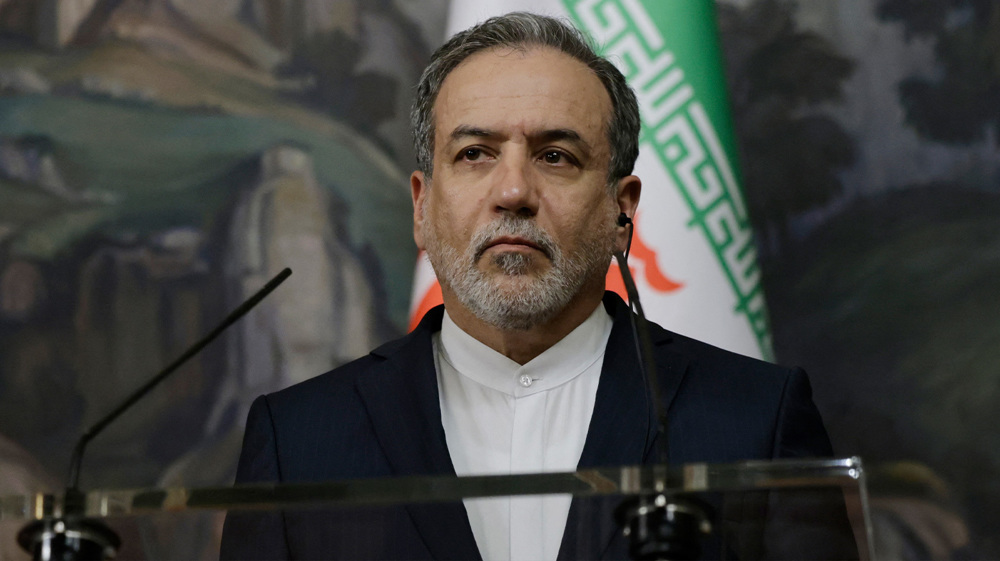
Certain groups manipulating Iran-US talks, goading US into making ‘maximalist demands’: FM
Netanyahu’s anger source of joy for us: Ansarullah
Iran, China working resolutely to safeguard mutual interests: Tehran says as FM departs for Beijing
Yemen asserts enhanced military readiness; takes US aircraft carriers under firepower
VIDEO | Iran seeks foreign investment to boost oil, gas sectors
Iran condemns terror attack in India's Kashmir region
After second Signalgate scandal, Democrats call for Hegseth’s resignation
Mahmoud Khalil missed son's birth after US officials denied temporary release
Iran’s annual inflation up 0.7% to 33.2% in April: SCI


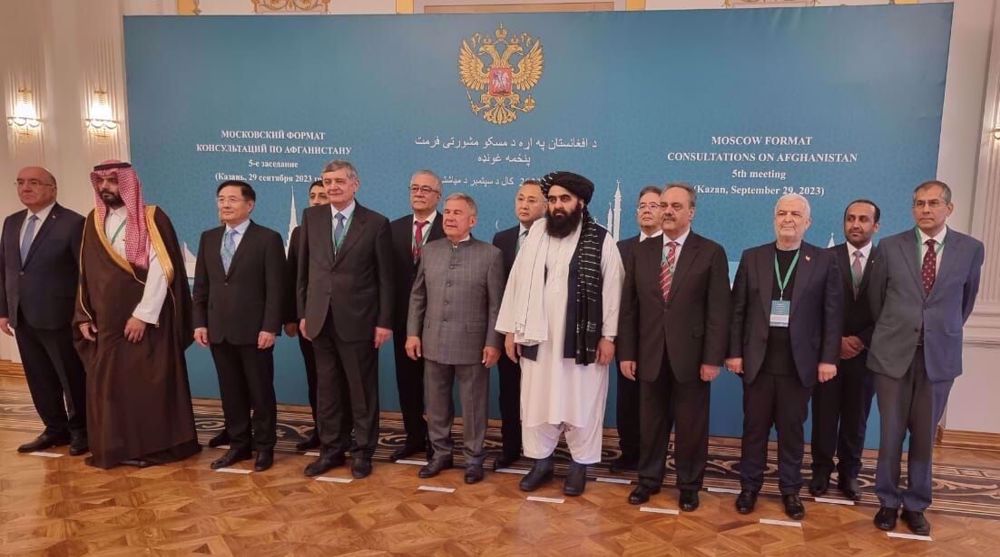
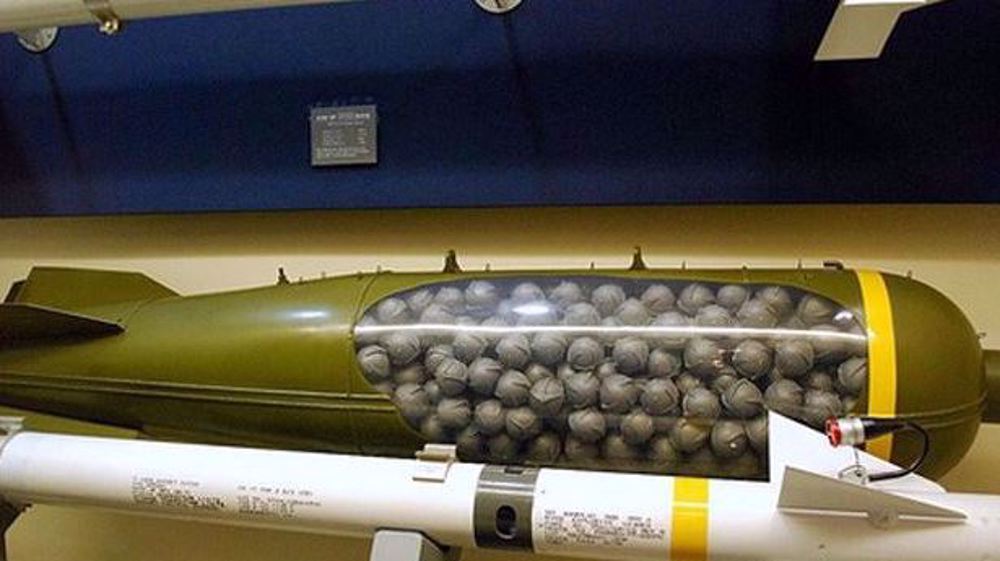
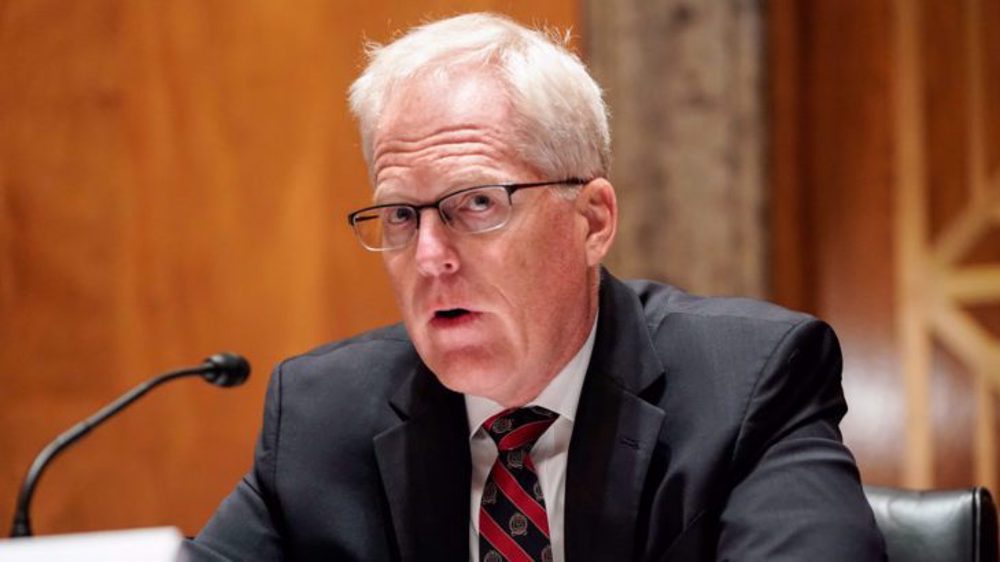



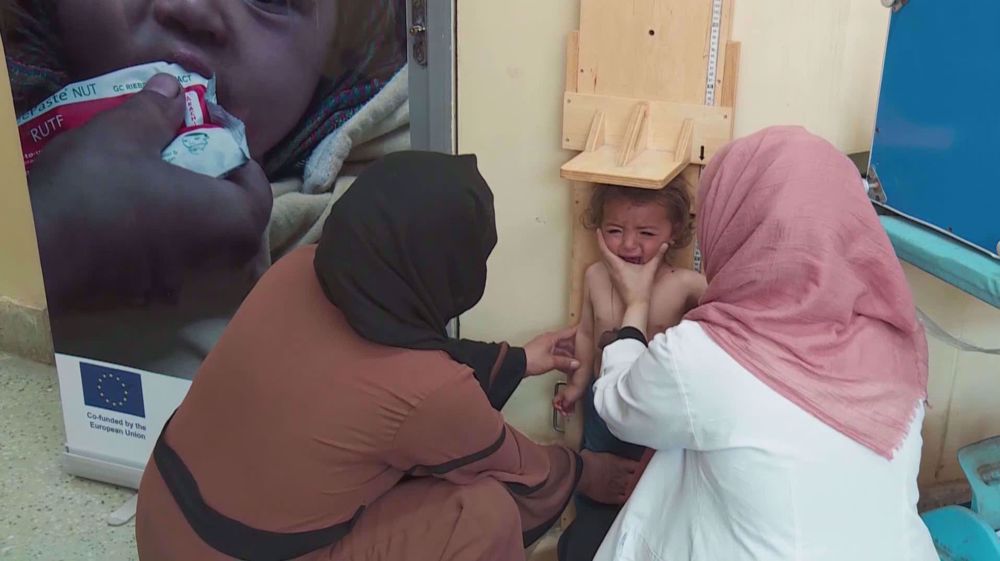
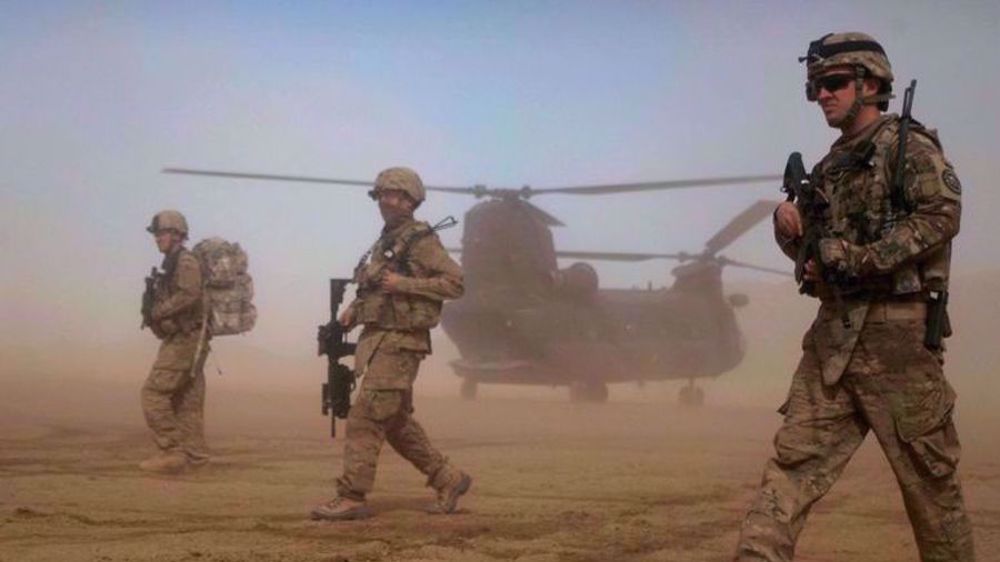
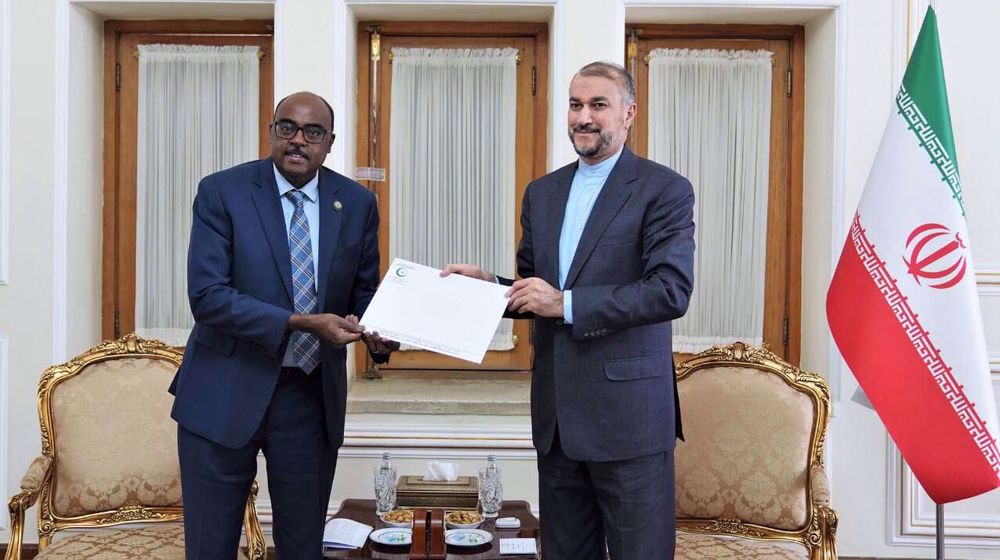
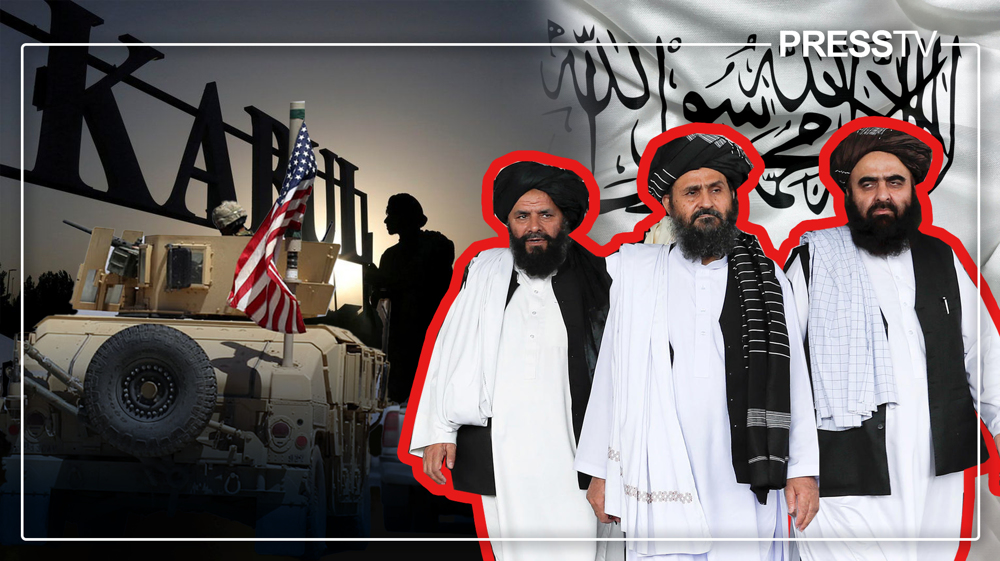

 This makes it easy to access the Press TV website
This makes it easy to access the Press TV website